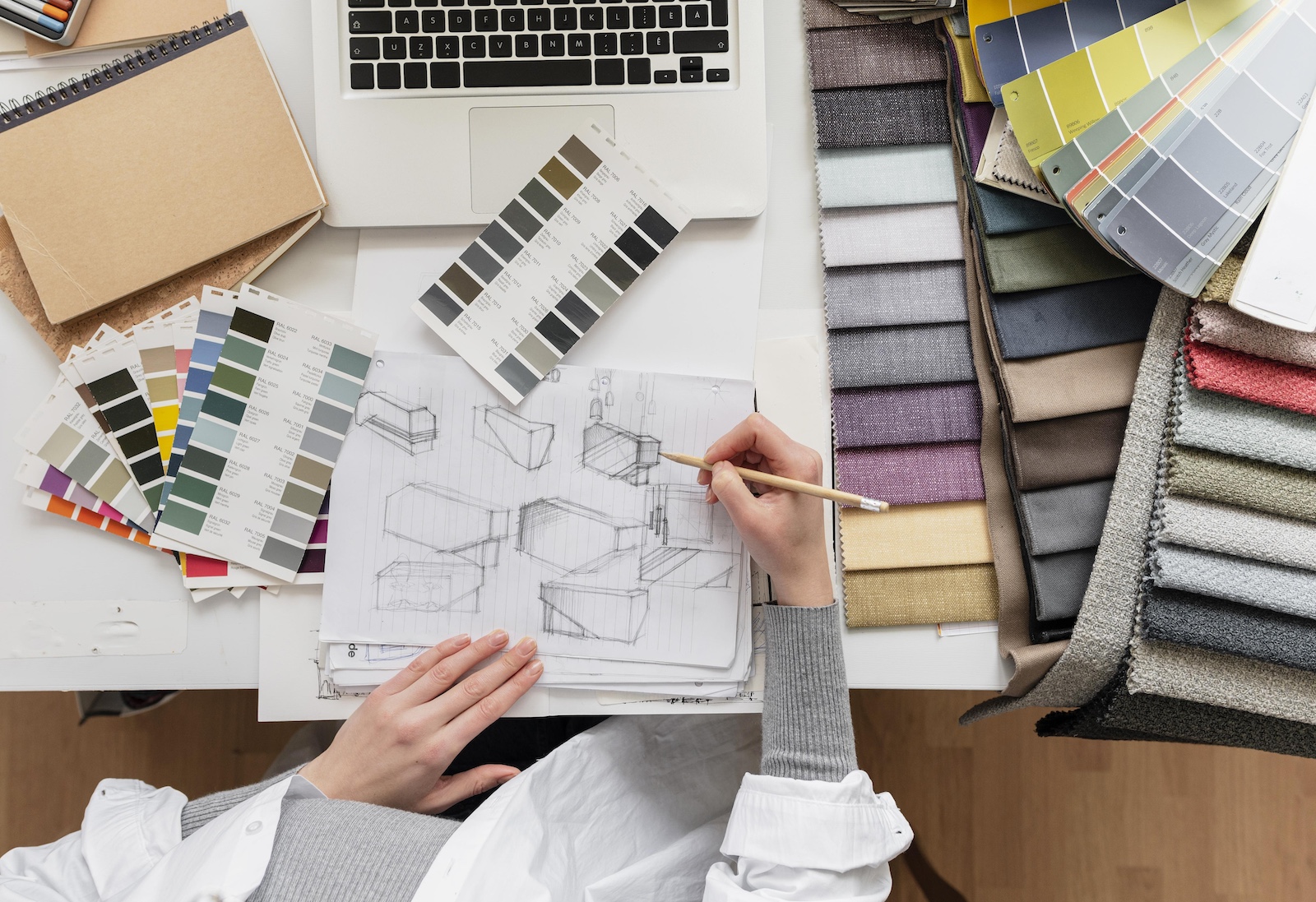
Rethinking Materials: Essential Sustainable Furniture Trends for the Industrial Designer's Toolkit
Rethinking Materials: Essential Sustainable Furniture Trends for the Industrial Designer's Toolkit
In the ever-evolving world of industrial design, sustainability has become a paramount consideration. Designers today must balance aesthetics, functionality, and environmental impact when creating new products. Below, we delve into some of the essential trends and materials you should consider adding to your toolkit to create sustainable furniture.
Sustainable Materials
Bamboo
Bamboo is one of the most sustainable materials available for furniture design. It's highly renewable, growing to maturity in just a few years. Bamboo's natural aesthetics add a touch of elegance to any piece, making it an excellent choice for designers focused on both form and function.
Recycled Plastic
Using recycled plastic helps reduce waste and supports the circular economy. It's available in various colors and textures, offering the versatility needed for creative designs. Beyond its sustainable impact, recycled plastic is durable and requires minimal maintenance.
Reclaimed Wood
Reclaimed wood comes from old structures, offering unique grains and imperfections that add character to furniture. By repurposing this wood, designers contribute to forest conservation and reduce the demand for newly harvested timber. Partnering with a custom on-demand manufacturer like Distro can simplify sourcing and ensure high-quality production.
 An artisan meticulously shaping reclaimed wood for modern furniture designs.
An artisan meticulously shaping reclaimed wood for modern furniture designs.
Design Trends
Minimalist and Modular Designs
Less is more when it comes to sustainable design. Minimalist furniture uses fewer materials, which can significantly reduce the carbon footprint. Modular designs offer flexibility, allowing users to replace or add parts as needed instead of discarding a whole piece.
Multi-functional Furniture
Designing furniture that serves multiple purposes can further sustainability goals. Think of a sofa that transforms into a bed or a table with integrated storage. Multi-functional pieces reduce the need for additional items, conserving materials and space.
Timeless Aesthetics
Trends come and go, but timeless design lasts. Furniture with classic lines and neutral colors are less likely to become outdated. Timeless designs can withstand changing tastes, reducing the need for replacement and minimizing waste.
 A detailed sketch showcasing the integration of sustainable materials into contemporary designs.
A detailed sketch showcasing the integration of sustainable materials into contemporary designs.
Manufacturing Considerations
Custom On-Demand Production
Custom on-demand production is a sustainable approach that minimizes excess inventory and waste. Distro specializes in custom on-demand wood product manufacturing and distribution, ensuring that each piece is made only when there is a demand for it. This model supports both sustainability and efficiency.
Local Production
Sourcing materials and manufacturing locally can substantially reduce the carbon footprint associated with transportation. It also supports local economies and often results in faster production times.
Getting Started
Incorporate these sustainable materials and design trends into your next project to create furniture that is both beautiful and environmentally responsible. For more resources, check out our free AI furniture design generator to spark new ideas or contact us for a custom quote.
For more detailed information about our capabilities, visit our capabilities page.
By rethinking materials and embracing innovative, sustainable practices, industrial designers can lead the charge in creating a more eco-friendly future.
Capitalize on these trends to not only improve your design portfolio but also to make a positive impact on the planet. Explore more ways Distro can assist you in achieving your sustainable design goals by visiting our quote page.
Related Post: From Ideas to Reality: How Makerspaces Fuel Product Creation for Innovators


Ready to get started?
Request a quote so we can start making your products on demand.
Request a quote
Have questions? Contact us →


